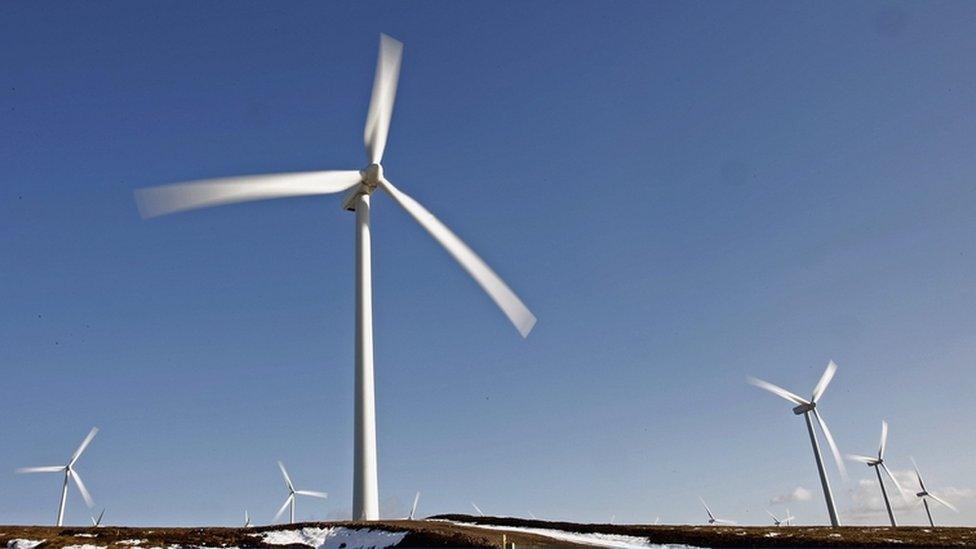Renewables target of 50% by 2030 achievable, says report
- Published
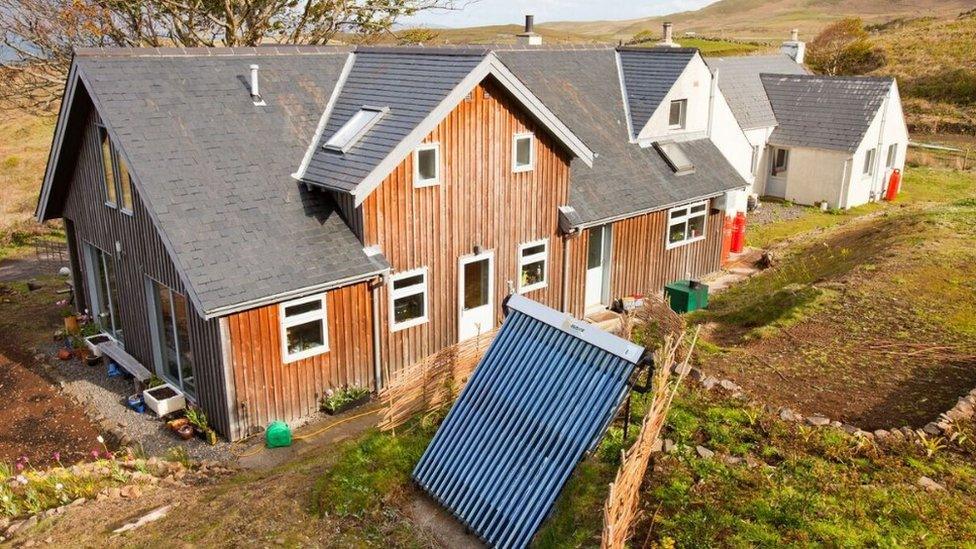
The report said two-fifths of homes would be heated by renewable sources, like solar panels, by 2030
Producing half of Scotland's energy needs using renewable technology by 2030 is an achievable goal, according to a new report.
Actions required to meet that target have been set out in a study for WWF Scotland, Friends of the Earth Scotland and RSPB Scotland.
The environmental groups have now called on the Scottish government to bring forward the necessary policies.
Ministers said the report was a "useful contribution" to the energy debate.
The report, based on independent analysis by Ricardo Energy and Environment, is called "The Energy of Scotland: Heating, moving and powering our lives from now to 2030, external".
It sets out how Scotland's climate targets could be met in "the most cost-effective way".
It found that to achieve these goals, half of all the country's energy will need to come from renewables by the end of the next decade.
The report suggested that by 2030:
Two-fifths of Scotland's homes should be heated from renewable sources, with a Warm Homes Act helping ensure access to cleaner, more affordable heat;
A national energy efficiency programme should help reduce energy use in homes by 30%, with millions of homes across the country insulated;
One in three cars, and half of all buses, should be electric.
It said other benefits would include the "creation of new jobs; warmer, healthier homes; and cleaner air helping reduce the burden on the NHS".
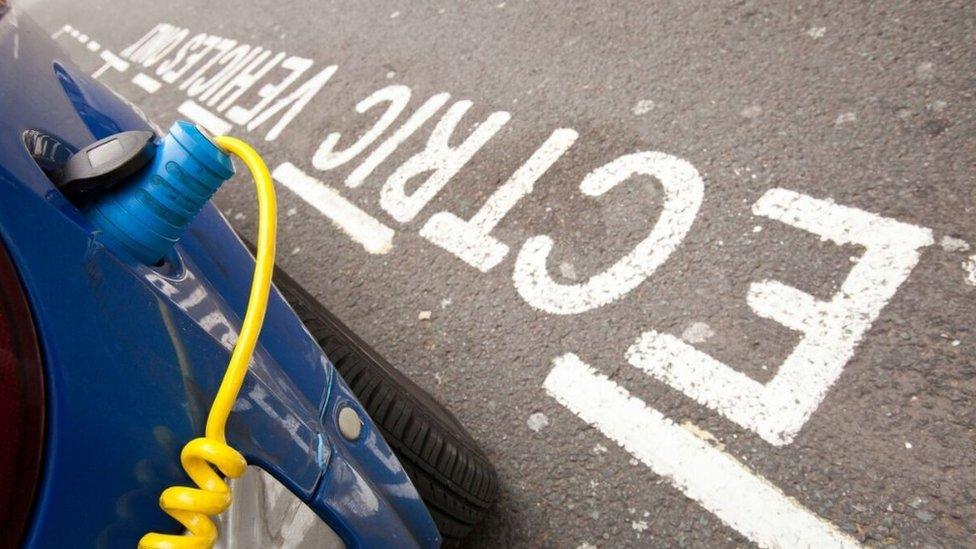
The study said more cars and buses had to be electric in order to achieve the renewables target
WWF Scotland director Lang Banks said: "This report shows that a 50% renewables target for all our energy needs by 2030 is not only needed, but that it is achievable.
"Ministers should now make this a Scottish government target and bring in the policies needed in its forthcoming energy strategy.
"Doing so would enable Scotland to enjoy the many economic and social benefits that the report suggests would take place as result of generating half of all our energy needs from renewables.
"Scotland is already seeing the economic and social benefits of shifting our electricity system to clean, climate-friendly, renewables generation."
He added: "However, with electricity accounting for just one quarter of our energy use, it's time to begin to reap the same benefits by increasing the use of renewables in our heat and transport sectors."
'Lift our horizons'
The Scottish government has already achieved a target to reduce emissions by at least 42% by 2020.
It also aims to generate 100% of Scotland's electricity from renewable sources by 2020.
Energy Minister Paul Wheelhouse said: "The Scottish government welcomes this report, which is a useful contribution to the ongoing debate around the future of energy in Scotland."
Chief executive of Scottish Renewables Niall Stuart said it was time to "lift our horizons and set an ambitious target to drive investment in renewable heat, power and transport through the 2020s".
He added: "This report echoes Scottish Renewables' call for a new 50% renewable energy target and, importantly, concludes that this is both achievable and key to meeting our climate change targets."
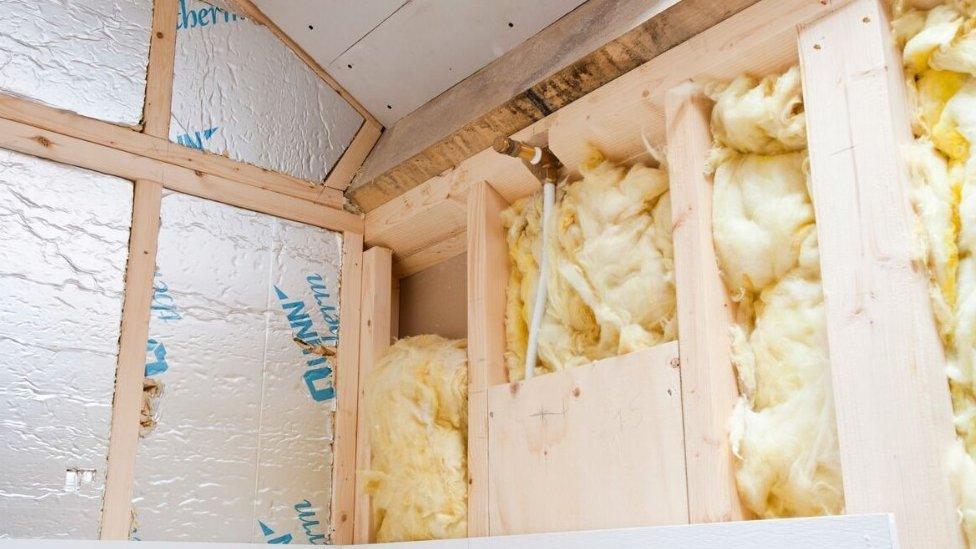
The environmental groups behind the report want to see millions of homes across the country insulated
The Scottish government will publish its third climate change plan in the new year, setting out how it intends to meet emissions targets between now and 2032, and work towards a long-term reduction of 80% on 1990 levels by 2050.
It will also publish a new energy strategy looking at the transition to a low-carbon economy.
Scottish Labour economy spokeswoman Jackie Baillie said: "Labour welcome this report which shows Scotland is well placed to fulfil our ambition to green our future energy use.
"That's why we have an aspiration to generate 50% of our heat and transport demand from renewables by 2030 and ensure that no-one is left behind as we make our way to a low-carbon economy."
Mark Ruskell, energy spokesman for the Scottish Greens, said: "What Scotland has to do to meet its climate targets by 2030 have been clearly set out in this report.
"The findings are more than achievable, so long as the government shows enough ambition and determination to adopt the recommendations."
- Published13 September 2016
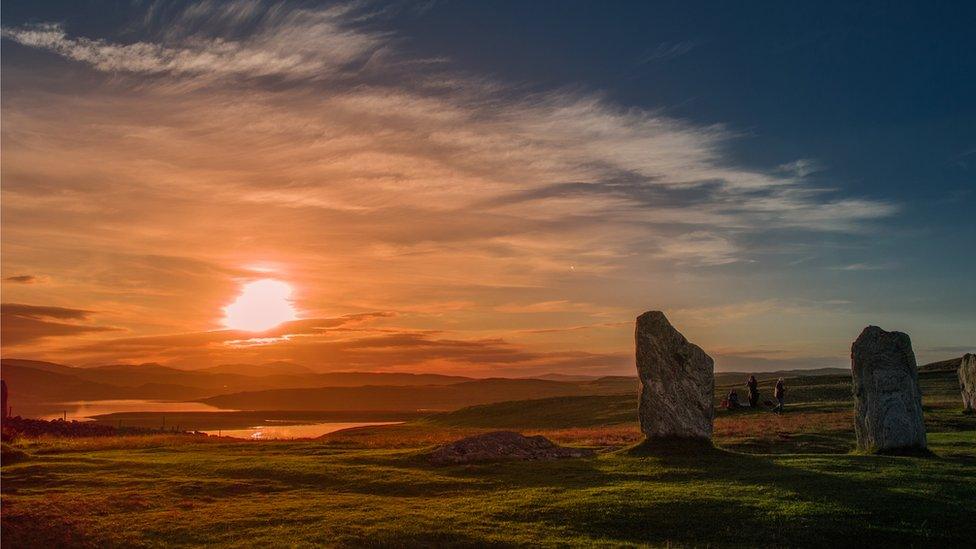
- Published12 September 2016
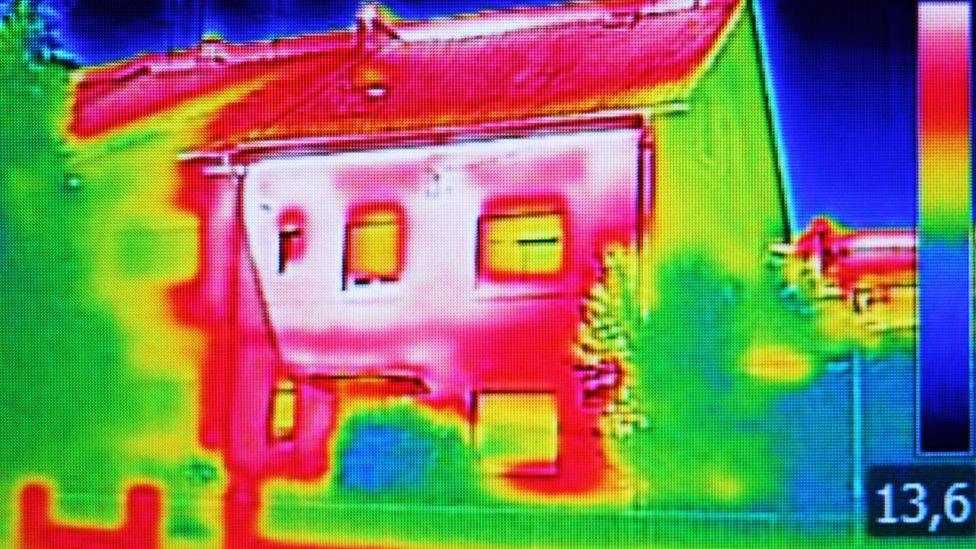
- Published14 June 2016
